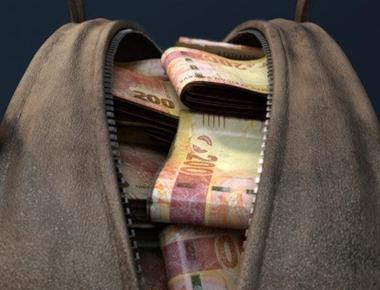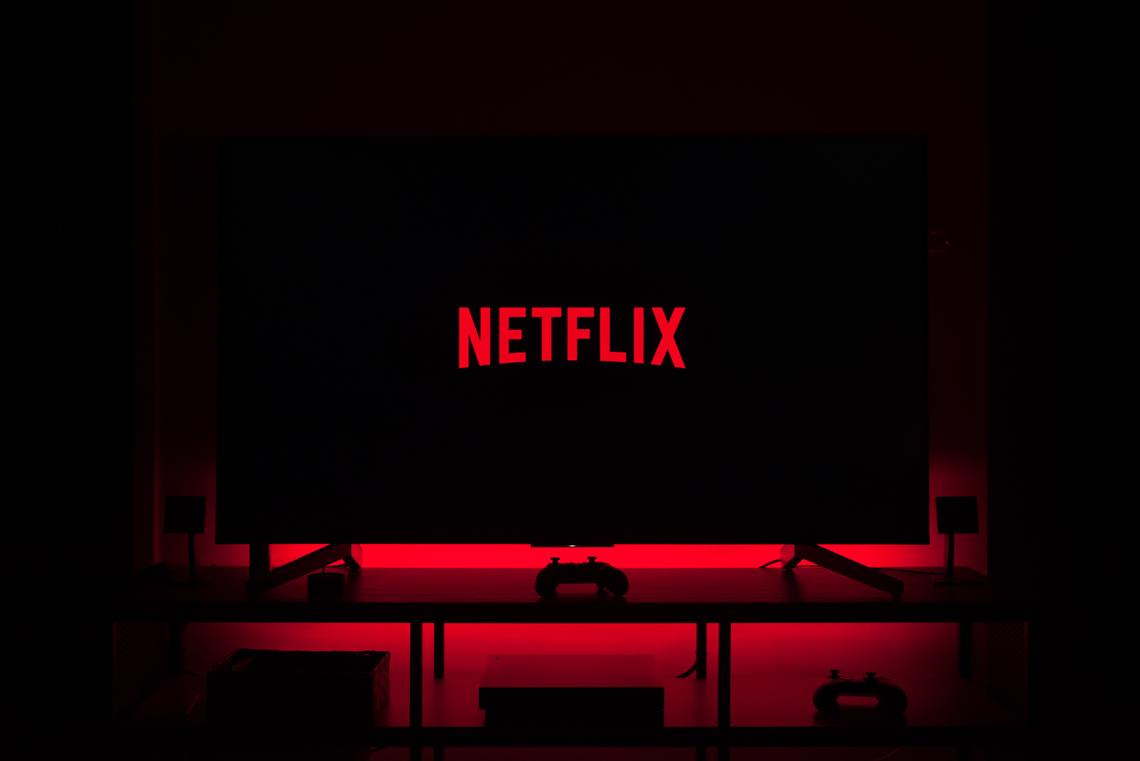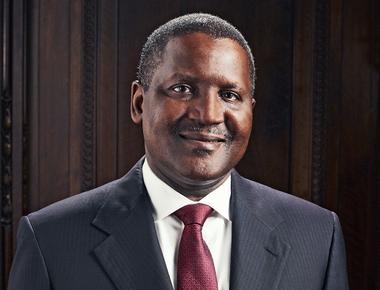
Dstv vs Netflix - The African David and Goliath Story

Multichoice has partnered with Netflix to be included in its offering to DSTV Subscribers. This is a massive step in the right direction as streaming services such as Netflix and Amazon Prime have disrupted the monopoly within traditional media and television industry. This begs the question, is DSTV still the #1 brand for entertainment in Africa or has it been surpassed by Netflix that continues to build its clout.
DSTV

Before I was born, Dstv had already established itself as a household name on the African continent. In 1985, founded by Naspers and a few other South African media companies, what we know as Dstv started out as M-Net, before adding SuperSport a year later.
In ’95 Multichoice was formed to oversee its business operations and established offices throughout Africa. In that year Dstv was launched, a satellite service that allowed Multichoice to reach even more regions while delivering high quality content.
Dstv bundle price ranges between N$295 to N$829. For the Financial Year (FY) 20/21, Multichoice reported revenue figures of N$53.34 billion ($3.58 billion), an increase of 4% from previous year N$51.39 billion ($3.45 billion).
Netflix
Netflix being what it is today is not by luck. The company founded by Reed Hastings and Marc Randolph in 1997, starting out as a DVD rental business .In the old days you would have to pay a fee for each movie rented on DVD, before that were cassettes ( like wow remember cassettes, before the Nokia 3310 they were the precursor of indestructible tech).

Over the years Netflix has separated itself from its competition (Blockbuster etc.) by employing different sales and marketing techniques. These included sending DVD’s through mail order; charging a subscription fee to watch as much as you wanted; excluding late fees and return-by dates, and many more.
Another massive differentiating factor was the algorithms that helped personalise movie suggestions for the viewer. In the early 2010s would eventually be a pioneer in SUCCESSFULLY providing their subscribers with instant access to thousands of movie titles online. In 2017 Netflix made history by having more subscribers on its platform than the total number of cable subscribers in the United States.
Numbers
Netflix bundle price ranges between $3.99 (N$59) to $11.99 (N$178). For the FY 20/21, Netflix reported revenue figures of $25 billion (N$372 billion), an increase of 23% from previous year N$20.1 billion (N$299 bilion). The difference in price essentially makes up the customers mind to choose Netflix. However the concept of brand loyalty is a major reason why Dstv continues to grow its subscriptions in Africa, having passed 20 million paying subscribers in 2020. By direct comparison Netflix is around 2 million subscribers.
DSTV vs Netflix - Who has the advantage?

The partnership between the two benefits Dstv more as adding Netflix strengthens their brand. This partnership makes DStv more appealing towards the younger demographic, whilst being loyal to its mature viewers. These mature viewers have associated top-tier entertainment with Dstv over the decades, therefore it is a win-win situation.
The ambitions of Netflix entering the entertainment market on a global scale come at a huge cost. In order for to support its expansion, the company has had to take on huge debts, with its debt a whopping $14.8 billion (N$220 billion) in 2019. Despite their blockbuster revenue figures many analyst still feel their business model is unsustainable.

Africa contributes a tiny percentage of Netflix revenue, about 0.32%. Expanding into Africa with plans of making African Original content to bring more appeal makes little sense, especially when producing high-quality original content is proving expensive for Netflix. In 2020, Netflix budget on content was $16 billion (N$238 billion), its closest competitor in the ‘streaming wars’ Amazon Prime Video has a budget of $6 billion (N$89 billion). Besides, content that reigns supreme on our continent is football, which DSTV has the rights to broadcast the English Premier League (until 2025) and Netflix does not.
To conclude, Dstv still very much has a stronghold on the African entertainment market for now. I have no doubt that Netflix can, with time, surpass Dstv however right now its tooooooo expensive for Netflix to continue growing in Africa. Technology is changing media at such a rapid pace in 10 years it will be a different story. For now its safe to say Netflix and other streaming services are no competition for the current king of entertainment.
For a better understanding of the rise of Netflix, an article by the Product Habits Blog is included.
For a breakdown of Netflix’s 1st Quarter earnings, an article by Technext (B.Gbemileke) is included.
Related Posts




Quick Links
Legal Stuff



